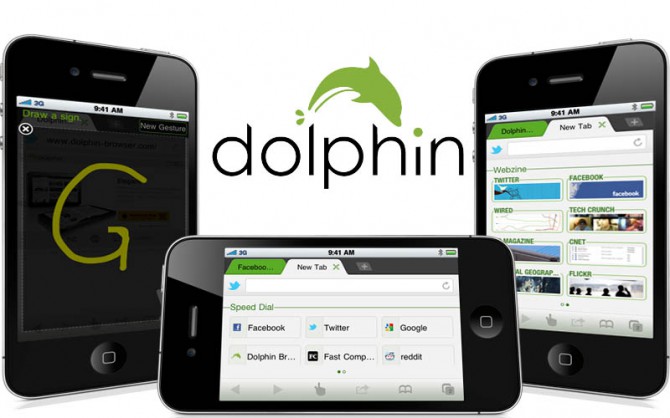MTN South Africa has once again emerged as the country’s top-performing mobile network, securing the highest score in the Q2 2025 MyBroadband Network Quality…
Three reasons I love Android


Open source. Free information. The power to customise what I want, when I want. These are not simply words used to describe one of the biggest unheralded revolutions in modern times, Google’s Android, they also sum up my ethos as a person.
This comparison between operating system and personal philosophy may be a strange one, but considering how mobile devices have become essential tools to survive modern society, I believe it a very relevant one.
Who is not affected?
Consider the number of people you know that own have a smartphone, whether it’s a BlackBerry, iPhone, Android or Windows Mobile device? We’ve become so attached to our devices that trying to remember how we shared information without them seems a futile exercise.
My mobile operating system of choice is Android (the title of this post may have been a hint), but why? Why do I carry a torch for Google’s mobile OS?
In no specific order, here are three reasons why I believe Android to be the best mobile platform out there.
Android is proudly open source
Open source software has been around for ages and from Open Office to Linux flavours like Ubuntu. Developers have been releasing software that costs nothing, yet provides all of the functionality of their “closed source” counterparts. Open source software makes the source code available to anyone who wants to use it, meaning a world that is only limited by our own imagination. I firmly believe that information should be shared and shared freely and transparently, and having a mobile operating system that provides me with exactly that, well, it’s perfect really.
Choice
The second reason Android has a soft spot in my geek heart is because of the choice it affords me as a user. For iOS and RIM users, choices, particularly when it comes to handsets are very limited. iOS users have a single choice, the iPhone (in a few variants: new, not new, hopelessly outdated). RIM has anything from three to nine devices on offer at any given time, which does offer users a few more choices, but from a small number of variations on a few basic designs.
This is where Android really trumps other mobile OS. With a number of manufacturers shipping devices running Android, users have an almost overwhelming selection of handsets to choose from. Samsung, HTC, Motorola and LG are four of the biggest handset manufacturers in the world supplying Android driven devices, meaning that as a user you can find something that works for you, a device that suits your needs, a personal experience, even. And this brings me to my final reason, and it may just be the biggest of the bunch.
Customisation
Granted, I am a self-confessed geek and this may not be as important to everyone as it is to me, but I do think that user customisation is an undeniably desirable factor. Being able to tailor my phone to the way I want to use it, giving me the choice of what and how I do things on my handset is not something I am willing to sacrifice. Ever.
This is not to say that other mobile operating systems are restrictive, as there is a very basic level of customisation available to both iOS and RIM users, but they’re definitely not as customisable as Android. I like to reshuffle things to make my life easier and I’m afraid that extends to more than changing my ringtone or wallpaper. The easiest way for me to demonstrate this is by using what I’ve done to my (rather old) HTC Desire.
When I got my phone some months ago it was running, Android 2.2 (Froyo) and HTC’s UI, Sense. With normal usage my battery would barely survive the day without a slight top up along the way, so I took matters into my own hands.
Currently, I am running the very latest version of Android, 2.3.5, I have no unneeded system apps on my phone and because of the minimalist approach of Android, my Desire is as fast and smooth as the brand new Samsung Galaxy S II. That is a bold claim, considering the Desire’s specifications compared to Samsung’s flagship device, but it is true. And did I mention I can get three days out of the battery if I use my phone as a phone and not my favourite toy?
I’ve been able to transform my phone, which is getting a little outdated if I’m honest, to still be relevant and more up to date than most of the devices that have been released after it. This to me is vital, because mobile contracts are generally 24 months long, I need a device that will still be relevant two years after getting it, and that is a tall order.
Thankfully, with Android’s policies on releasing their source code, developers can create custom versions of it (referred to as ROMs) and by gaining “root” on my device, I can stay up to date with Android for the foreseeable future.
This to me is vital because longevity and technology aren’t two words you’d expect to read in the same sentence too often, and the magic of Android is that with a little bit of work, you can not only extend the lifespan of your device, but you can keep it up to date, relevant and right at the cutting edge of mobile technology, until your next upgrade that is.

